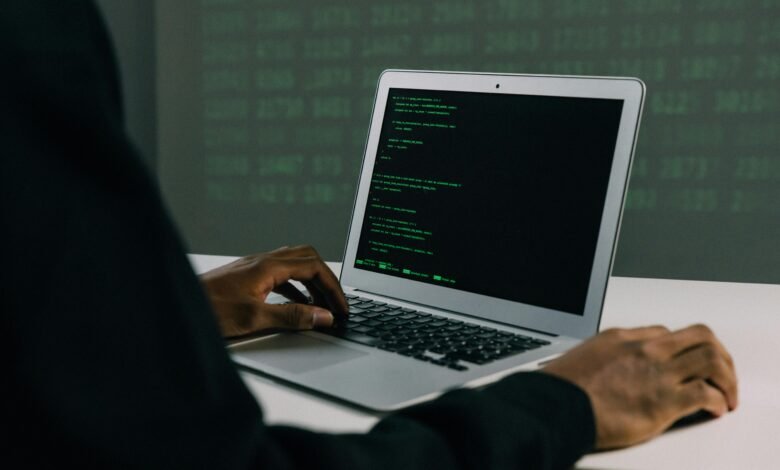185.63.2253.200 – Understanding IP Addresses and Online Security

In today’s digital world, IP addresses play a crucial role in how devices communicate over the internet. One such example is 185.63.2253.200, a numerical label that helps identify and route data across networks. However, this particular IP address appears to be invalid due to its format (since IPv4 addresses cannot exceed 255 in any octet). This raises important questions about how IP addresses function, potential security risks associated with suspicious IPs, and best practices for protecting your online privacy. Whether you’re a tech enthusiast, cybersecurity professional, or just a curious internet user, understanding IP addresses can help you navigate the web more safely and efficiently.
Headings and Their Explanations
What Is an IP Address and How Does It Work?
An IP (Internet Protocol) address is a unique numerical identifier assigned to every device connected to a network, enabling communication between computers, servers, and other online systems. IPv4, the most widely used format, consists of four octets separated by dots (e.g., 192.168.1.1), with each octet ranging from 0 to 255. The example 185.63.2253.200 is technically invalid because “2253” exceeds this limit, suggesting a typo or a placeholder. IP addresses can be static (fixed) or dynamic (changing), and they play a key role in data routing, geolocation, and network security.
Why Is 185.63.2253.200 an Invalid IP Address?
The IP address 185.63.2253.200 violates the standard IPv4 structure because its third octet (2253) surpasses the maximum allowable value of 255. This could be a clerical error, a fictional reference, or even a mistyped address used in testing scenarios. Valid IPs must adhere to the format of four 8-bit numbers (e.g., 185.63.225.200). Understanding this distinction is essential for network troubleshooting, cybersecurity analysis, and preventing accidental misconfigurations in server setups or firewall rules.
Potential Risks of Interacting with Unknown IP Addresses
While 185.63.2253.200 is invalid, engaging with unfamiliar or suspicious IPs can expose users to cyber threats such as hacking attempts, phishing scams, or malware infections. Attackers often use spoofed or rogue IPs to launch DDoS attacks, infiltrate networks, or steal sensitive data. To stay safe, avoid clicking on suspicious links, use a VPN for anonymity, and monitor network traffic for unusual activity. Tools like firewalls, intrusion detection systems (IDS), and IP blacklists can help mitigate risks associated with malicious addresses.
How to Verify and Look Up IP Addresses
If you encounter an unfamiliar IP, services like WHOIS lookup, ARIN, or IP geolocation tools can provide details about its origin, ownership, and reputation. For example, a valid IP like 185.63.225.200 (if corrected) could be traced to a specific ISP, hosting provider, or geographic region. These tools are invaluable for IT administrators investigating network breaches, marketers analyzing web traffic, or everyday users identifying potential scams. Always cross-check IPs through trusted databases to ensure accuracy and legitimacy.
Protecting Your Privacy and Securing Your Network
Since IP addresses can reveal your approximate location and online activity, safeguarding your digital footprint is critical. Use a reputable VPN to mask your real IP, enable firewall protections, and keep your router firmware updated to prevent unauthorized access. For businesses, implementing network segmentation and regular security audits can thwart IP-based attacks. Educating employees or family members about safe browsing habits further reduces exposure to risks tied to malicious IP interactions.
Conclusion
While 185.63.2253.200 is not a functional IP address, its example serves as a useful lesson in internet protocols, cybersecurity, and the importance of accurate data handling. Understanding how IP addresses work—and how to identify invalid or dangerous ones—can enhance your online safety and technical proficiency. Whether you’re managing a network or simply browsing the web, staying informed about IP-related best practices ensures a more secure and seamless digital experience. Always verify suspicious addresses, employ protective tools, and prioritize privacy to navigate the internet with confidence.



